I've got a ModelAdmin class that includes a foreign key field in its list_display. But the admin list page for that model is doing hundreds of queries, one query per row to get the data from the other table instead of a join (select_related()).
The Django docs indicate you can add list_select_related = True as an attribute to your ModelAdmin to make this go away, but it doesn't seem to work at all for me. This SO question seems to give a similar problem, but his resolution is unclear, and it doesn't work in my case.
Here's a cut-down version of my model and model admin:
class Device(models.Model):
serial_number = models.CharField(max_length=80, blank=True, unique=True)
label = models.CharField(max_length=80, blank=True)
def __str__(self):
s = str(self.serial_number)
if self.label:
s += ': {0}'.format(self.label)
return s
class Event(models.Model):
device = models.ForeignKey(Device, null=True)
type = models.CharField(max_length=40, null=False, blank=True, default='')
class EventAdmin(admin.ModelAdmin):
list_display = ('__str__', 'device')
list_select_related = True
However, adding that list_selected_related = True didn't change anything. I still get lots of queries like this instead of an SQL join:

Any ideas why the Django admin seems to be ignoring my list_select_related and doing N queries? I'm using Python 2.7 and Django 1.3.3.